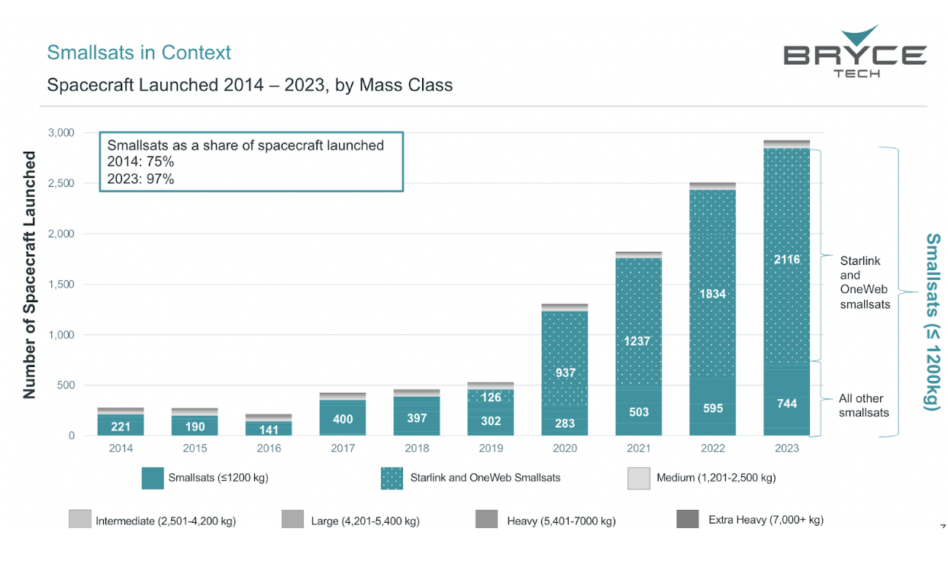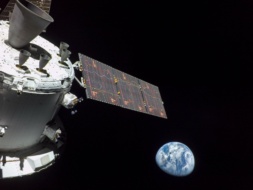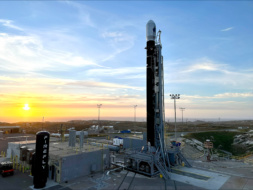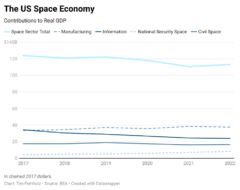Smallsats rule the world.
Analytics firm BryceTech released its annual smallsat report yesterday, which detailed how small sats continue to dominate the industry.
What’s in a name: A smallsat has a mass below 1,200 kg, according to the FAA definition used by BryceTech. Notably, this classification includes SpaceX’s Starlink v2 minis, which are now launched in batches to LEO nearly every week.
Smallsat, by the numbers: Operators launched 2,860 smallsats in 2023, representing 97% of all satellites launched last year and 63% of upmass.
- Of those, 79% were satcom, 13% were remote sensing, 7% were tech development, 1% were science, and 1% were classified as other.
- In a particularly positive sign for the industry, the number of unique operators who launched spacecraft grew from 212 in 2022 to 267 last year.
Starlink dominance: From 2014 to 2023, SpaceX has launched more than two-thirds of all commercial small satellites—and it’s not even close. OneWeb and Planet come in next at 7% each, and Swarm, Spire, and CG Satellite each contributed 2%. There are currently over 5,500 operational Starlink birds in orbit.
Biggie smalls: Smallsats are getting bigger, BryceTech found. Starlink birds have increased in mass from ~300 kg in v1 to ~800 kg for the v2 minis. Planet’s smallsats are also growing, from ~110 kg (Skysats) to ~150 kg (its next-gen Pelican birds). Larger satellites help with capacity and can be more cost-effective to manufacture on a relative scale.




